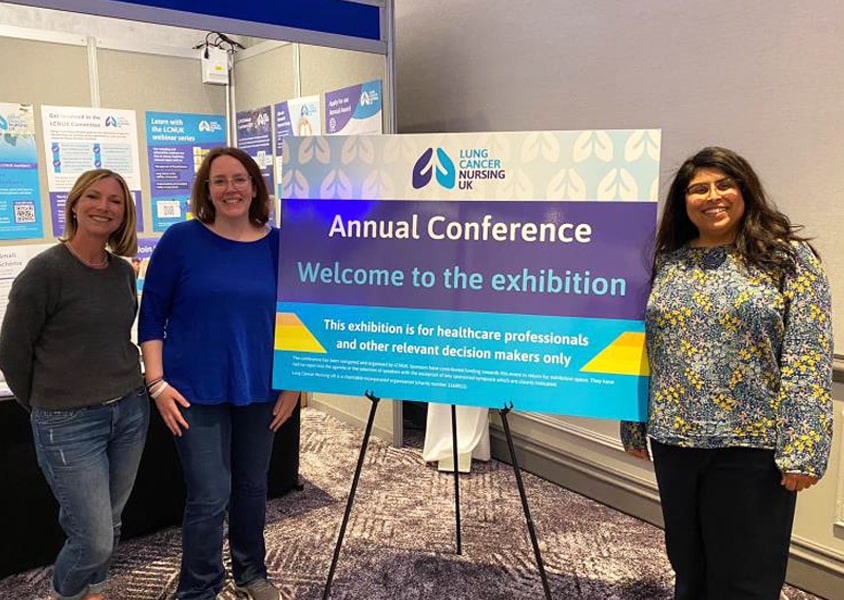

Ruth was a fit and healthy woman who had never smoked. At age 46 she was diagnosed with stage IV lung cancer. Like many, Ruth was unaware of the prevalence of lung cancer in non-smokers.
The reality is that the number of people diagnosed with non-smoking lung cancers is on the rise. The diagnosis is more common in women – twice that of men, and the under 55s.
Only 1 in 20 of those diagnosed survive over 10 years.
If you have been diagnosed with non-smoking lung cancer, it will most likely have come as a tremendous shock. Although smoking cigarettes is the biggest cause of lung cancer, anyone with lungs can get lung cancer. We hope the information below helps you understand your diagnosis and advocate for the best possible treatment. It also provides healthcare professionals with essential information and updates about non-smoking lung cancer.
You’ll find:
Anyone who has smoked less than 100 cigarettes in their lifetime is considered a non-smoker
These videos are designed to support patients and loved ones at every stage of the journey.
The content was written by Dr Elaine Vickers and produced by Matt Simpkin of Limbo Animations.
A diagnosis of lung cancer as a non-smoker can come as a shock. This first animation explains the reasons why non-smokers develop lung cancer, helping you and your family understand this unexpected diagnosis.
Effective treatment depends on identifying your specific type of lung cancer. This video explains why tests such as tissue biopsies and blood tests are essential before starting treatment, and how they help guide your care.
This final animation explores the range of treatments currently available for lung cancer in non-smokers, giving you a helpful overview of the options your healthcare team may discuss with you.
Ruth strongly believed that sharing knowledge would accelerate improvements in patient care and outcomes.
Despite significant advances in lung cancer research, there is still so much we don’t understand about why non-smoking lung cancers develop. A lack of funding and focus is preventing progress in understanding causes, driving new treatment options, and addressing patient needs.
We believe that connecting and sharing knowledge about non-smoking lung cancers – including patient experiences – will help accelerate the breakthroughs we urgently need.
”“Non-smoking lung cancers can affect anyone at any age. The Ruth Strauss Foundation is focused on the need for more research & collaborative working so that we can better understand how to diagnose, treat and improve outcomes for those diagnosed with a non-smoking lung cancer.”
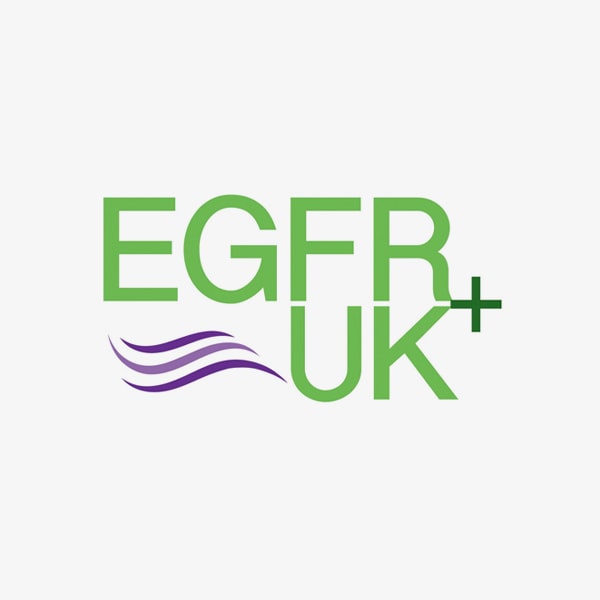
If you or a loved one is living with EGFR Positive lung cancer, you can get information and support here:

If you or a loved one is living with ALK Positive lung cancer, you can get information and support here:
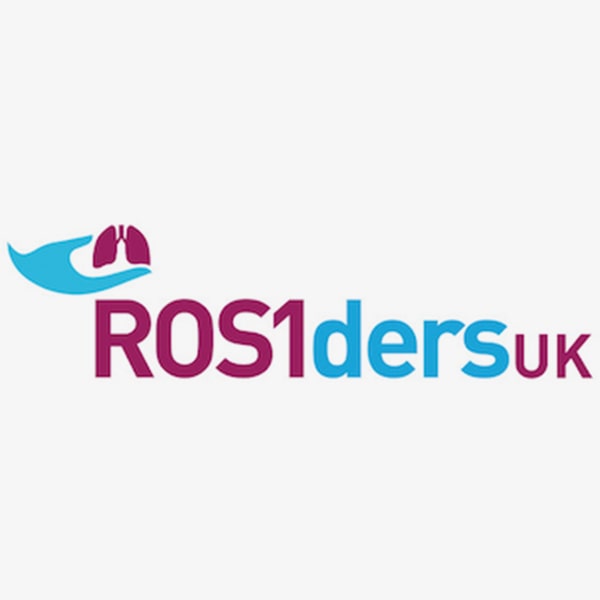
Improving the prognosis and raise the standards of care for patients diagnosed with ROS1-positive cancer.
Lung cancer symptoms are the same for smokers and non-smokers. They can include:
You might have one or more of the above symptoms. In the early stages of lung cancer, it’s possible to have no symptoms. Sometimes a person is found to have lung cancer when they are having tests for another condition.
If your GP suspects lung cancer they will send you for further tests, or they may refer you directly to a hospital specialist.
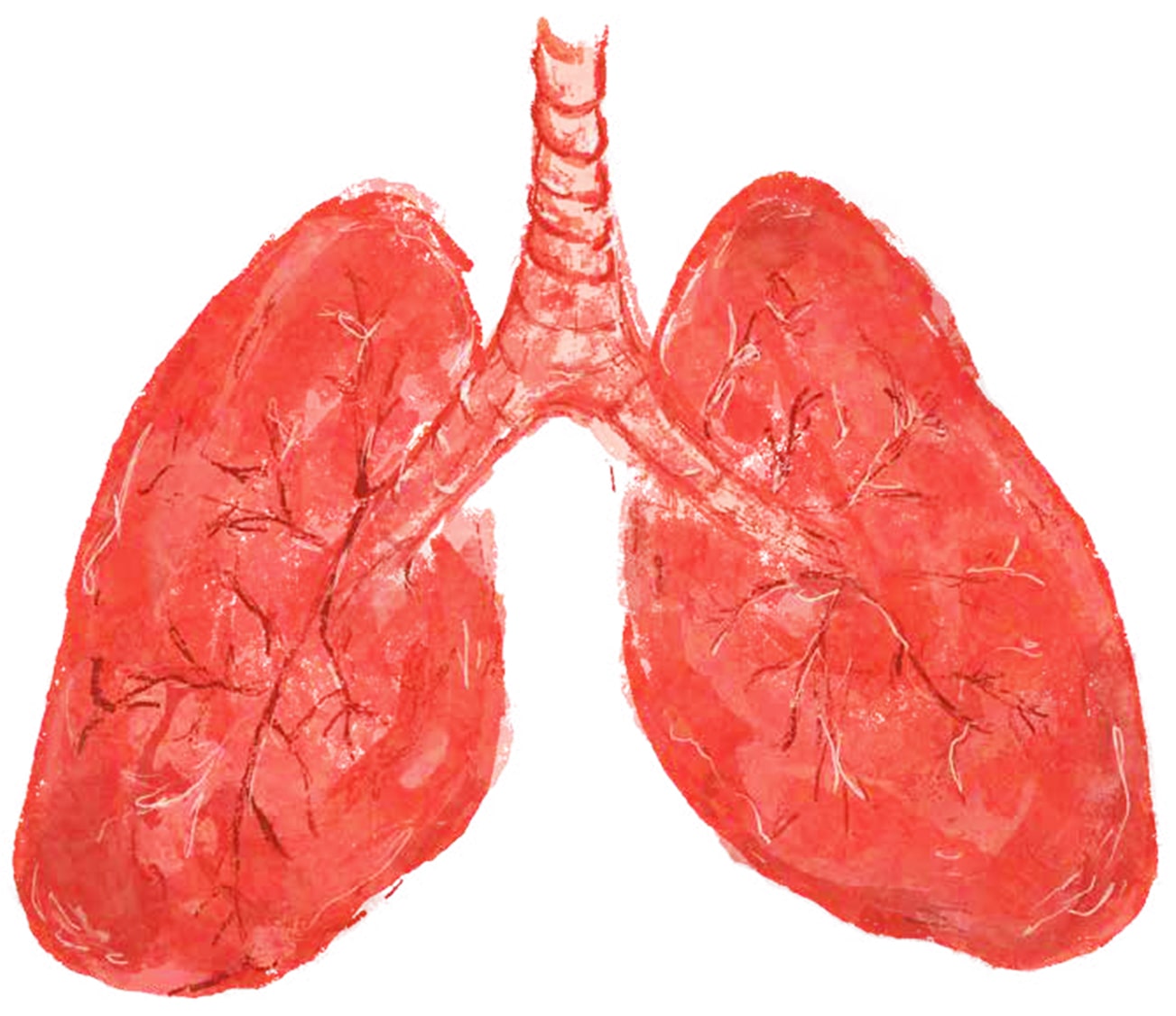
As part of our research mission, our Scientifc Advisory Group provide guidance and independent advice on matters related to the academic and medical fields of our projects, as well as advice on how to maximise their impact. We held our first Advisory Group meeting in January 2020, and are continuing to meet regularly. We are delighted to have the expertise of the following members of the Scientific Advisory Group, and would like to thank them all for their time and ongoing encouragement and support:

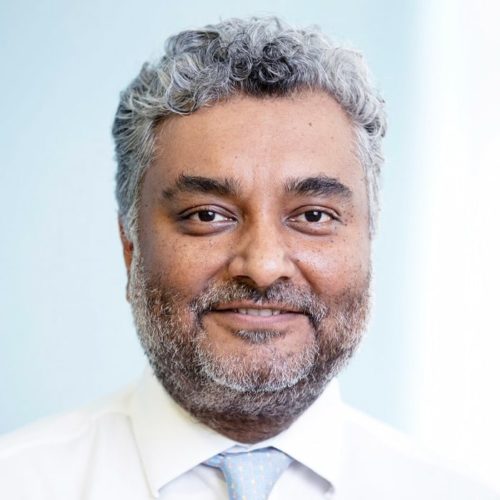
He has published in the fields of molecular genetics, therapeutic biomarkers, and medical oncology. He has been awarded nationally and internationally competitive prizes for his research, in addition to 4 research fellowships. His research interests include the development of novel drug strategies for the treatment of thoracic cancers through clinical trials, the identification of DNA variants that influence thoracic cancer development and their impact on clinical behaviour, as well as the identification of biomarkers predictive of therapeutic effect.
He is co-director for the NIHR London South Clinical Research Network (CRN) Cancer Division and Chair of Cancer for the West London Genomic Medicine Centre. He Chairs the British Thoracic Oncology Group (BTOG), and is past Chair of the UK NCRI Lung Cancer Clinical Studies Group (CSG) Advanced Disease Sub-group. He is active in the European Organization for Research and Treatment of Cancer (EORTC) Lung Group, the European Thoracic Oncology Platform (ETOP), and the International Thymic Malignancy Interest Group (ITMIG).
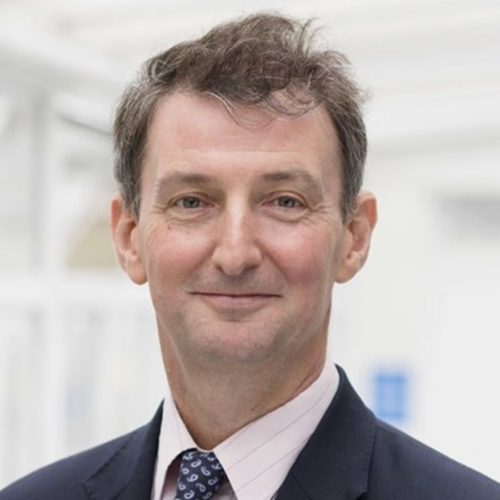
He is referred hundreds of cases each year for diagnosis from clinicians and other pathologists. He is a past chair of the International Association for the Study of Lung Cancer (IASLC) Pathology Committee, as well as a member of the IASLC Staging and Prognostic Factors Committee. He is President Elect of the British Division of the International Academy of Pathologists.
Andrew has co-authored over 400 peer-reviewed publications, co-authored Pathology of the Lung (2011), the AFIP Atlas, Tumors of the Lower Respiratory Tract (2019), and was a Volume Editor of the 2015 WHO classification of lung, pleura, thymus and heart tumours.
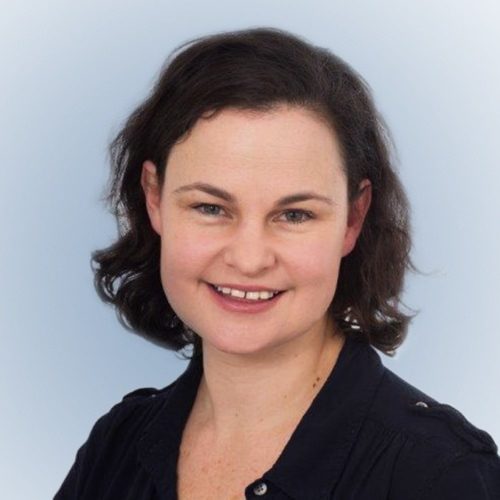
Sandra is involved in clinical and scientific research. In 2009 she won a career development award from Sarcoma Alliance For Research Through Collaboration (SARC) to identify new targets for treatment for sarcoma and led a number of national and international clinical trials that aim to improve outcome for patients with these rare cancers. Sandra is a translational research partner within a european collaboration for patients with Ewing sarcoma and in 2017 was appointed clinical lead for sarcoma and rare cancers for the Public Health England (PHE) National Cancer Registration and Analysis Service (NCRAS). She is also a member of the Sarcoma UK Research Advisory Committee and frequently reviews grant applications for charities.
“As Ruth’s sister-in-law I saw at close hand the devastating effects of her diagnosis. Ruth was truly remarkable for her frank and honest approach to dealing with her illness, her ability to make the most of each day she had and her selflessness in preparing those close to her for a future without her. As an oncologist, I understand the unmet need in providing support for young patients with incurable cancer, and the value in working together to accelerate research.
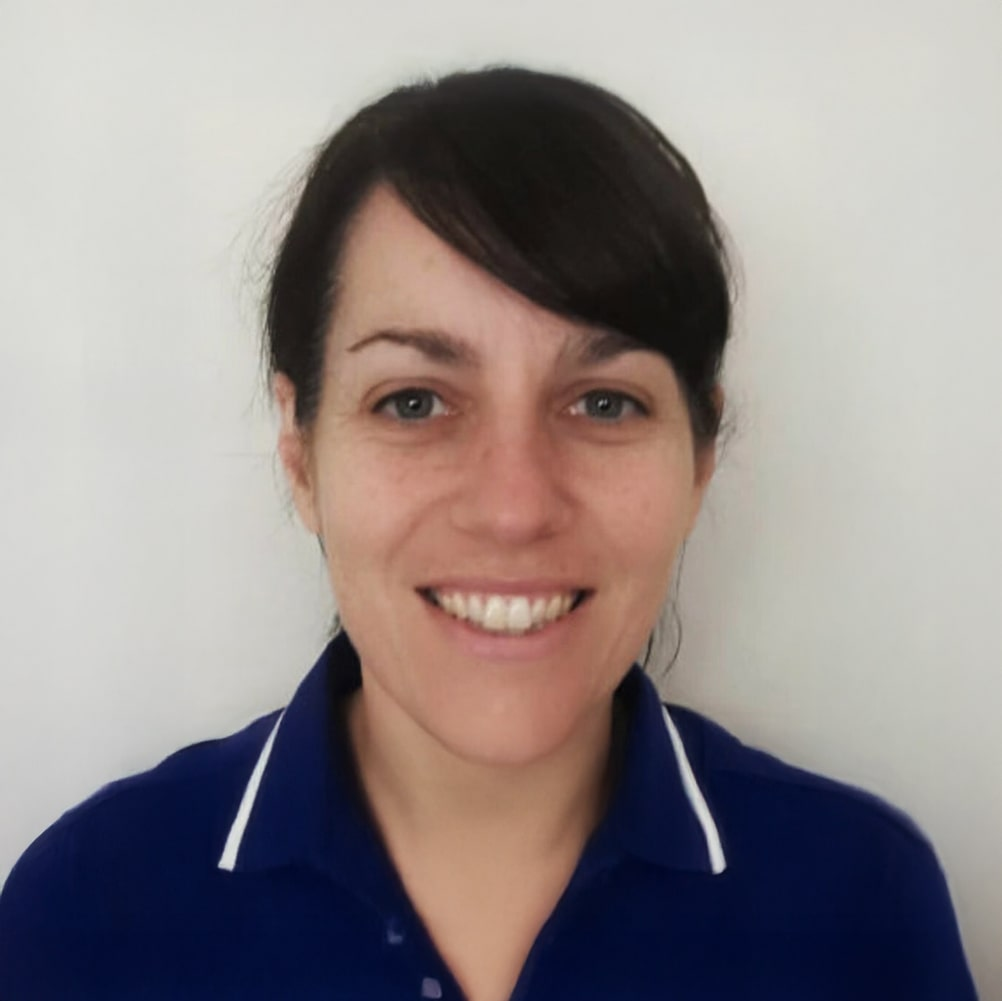
I work for the Newcastle upon Tyne Hospitals NHS Trust and feel privileged to work in the North East of England, where we have a wealth of experience and a lot of innovative and exceptional practice.
I am passionate about providing high quality care for patients and would welcome the opportunity to help shape lung cancer care at a national level. I have played a key role in improving the diagnostic pathway locally, both with the implementation of straight-to-CT and more recently the implementation of a nurse-led downgrade clinic to help reduce our pathway timings. I have led on audits within the Trust and have worked with other Trusts, sharing best practice to enhance patient care. I have also enjoyed being involved with research at a national level through the Lung Cancer Nursing UK workshops and have presented examples of my teams work at national conferences.
I am currently working as a clinical lead with the Getting It Right First Time (GIRFT) lung cancer work stream and feel this has been of huge benefit to me both personally and professionally.
This role has highlighted the incredible work that LCNS teams are doing locally and I believe LCNUK provides an accessible forum for the sharing of best practice so that nationally we can improve care for people affected by lung cancer. I would welcome the opportunity to be part of this committee and be a voice for the North East of England.

Pamela has been working as an Advanced CNS in Lung Cancer since 2020 at Inverclyde Royal Hospital in Greenock and supports patients and their carers from the first suspicion of lung cancer/mesothelioma through the whole patient pathway. She also works alongside the consultant oncologist at IRH undertaking clinical consultations and prescribing of SACT, TKI's and Immunotherapy. She also continues to support patients following treatment and under surveillance. Pamela has developed a Prehabilitation Service for all patients with a high suspicion of a lung cancer at IRH.
Pamela is a committee member of LCNUK and co-facilitates the LCNUK annual research project and is currently chair of the Scottish Lung Cancer Nurses Forum. She teaches Sage and Thyme communication skills training across GGC and has recently become a trainer for Ruth Strauss foundation – No Conversation Too Tough: Preparing children for parental death.


Your valuable donations will go towards vital support for families to help prepare for the death of a parent and raise much needed awareness of non-smoking lung cancers & the importance of its research.
Non-smoking lung cancers are on the rise, with a higher number of incidences amongst women. We are raising awareness of the importance of its research.
We believe that every family facing the death of a parent, should be offered professional emotional support to help prepare for their children’s futures.